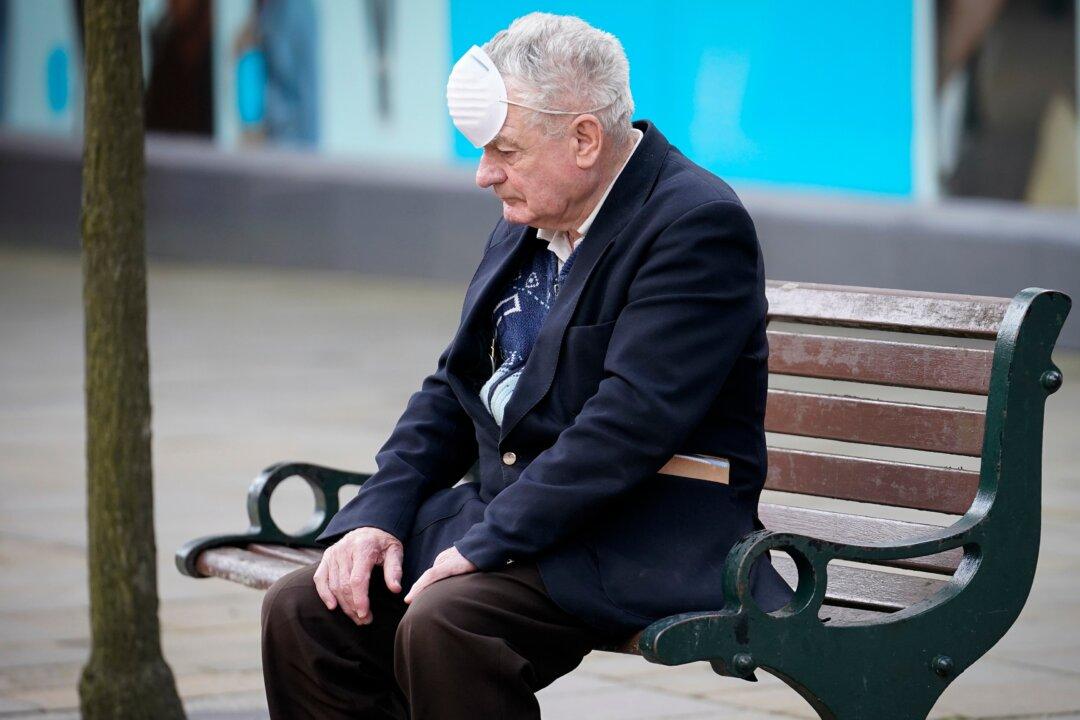Oldham, which has had the highest number of CCP virus infections in the UK in recent weeks, will not be put into full lockdown, the town council leader said on Friday, following fears the town would be placed under more severe measures.
“We have reached agreement with the government that Oldham will not go in to full local economic lockdown. Some additional restrictions will be introduced, however,” Sean Fielding, Oldham’s council leader, wrote on Twitter.





